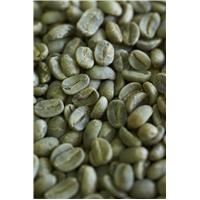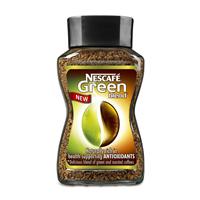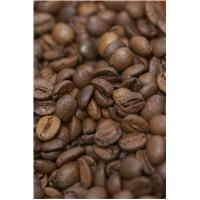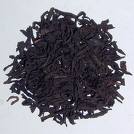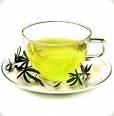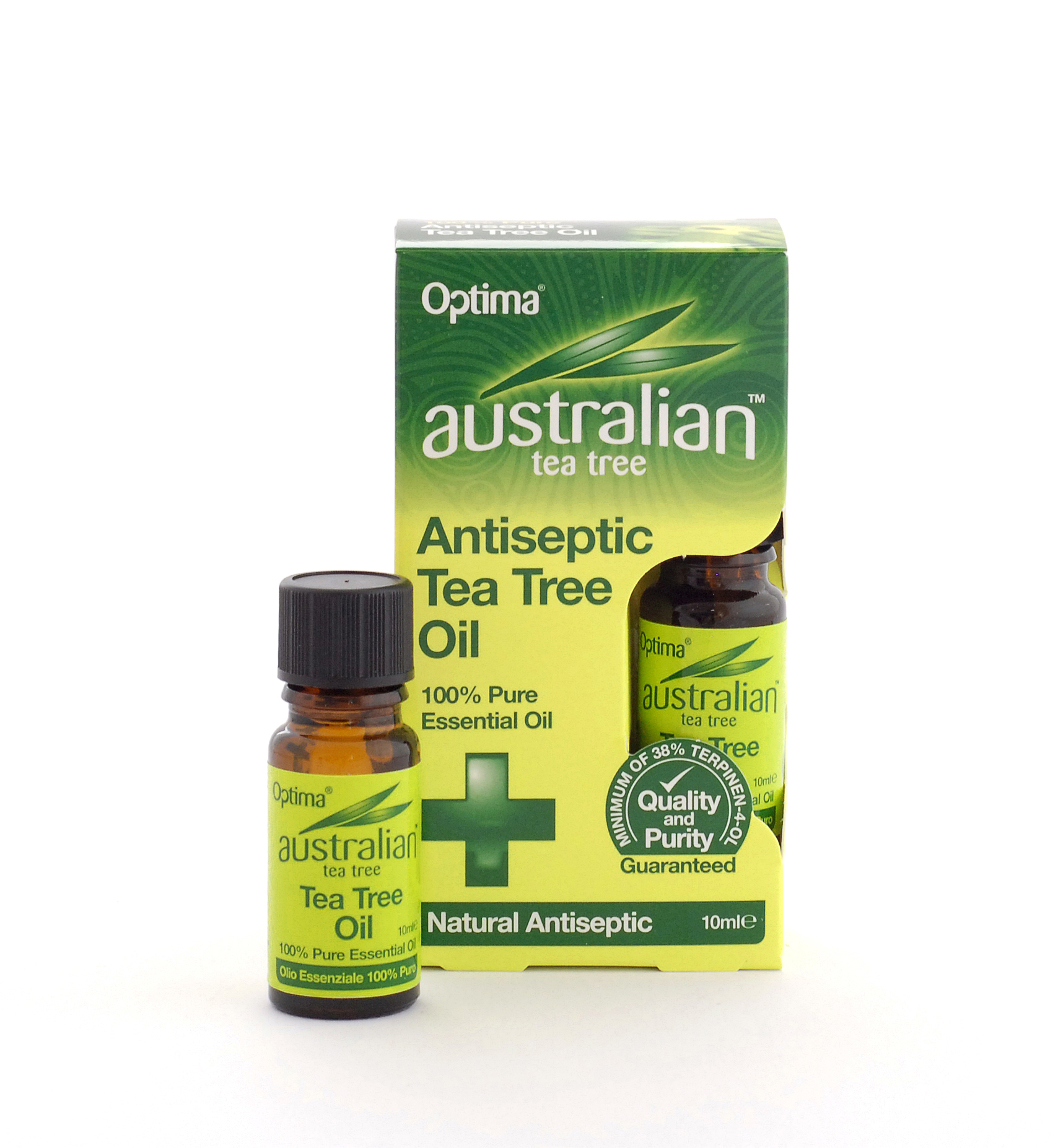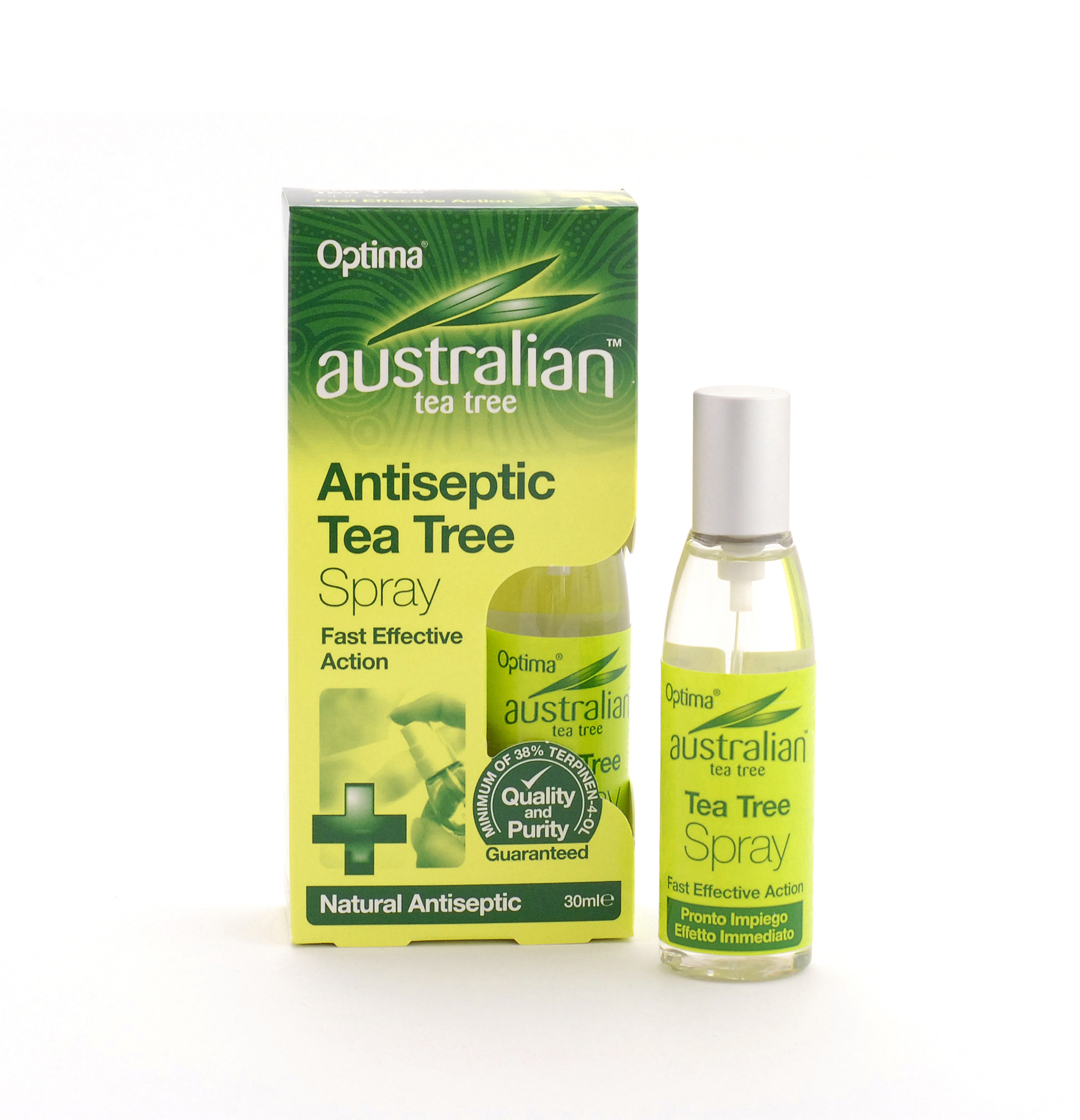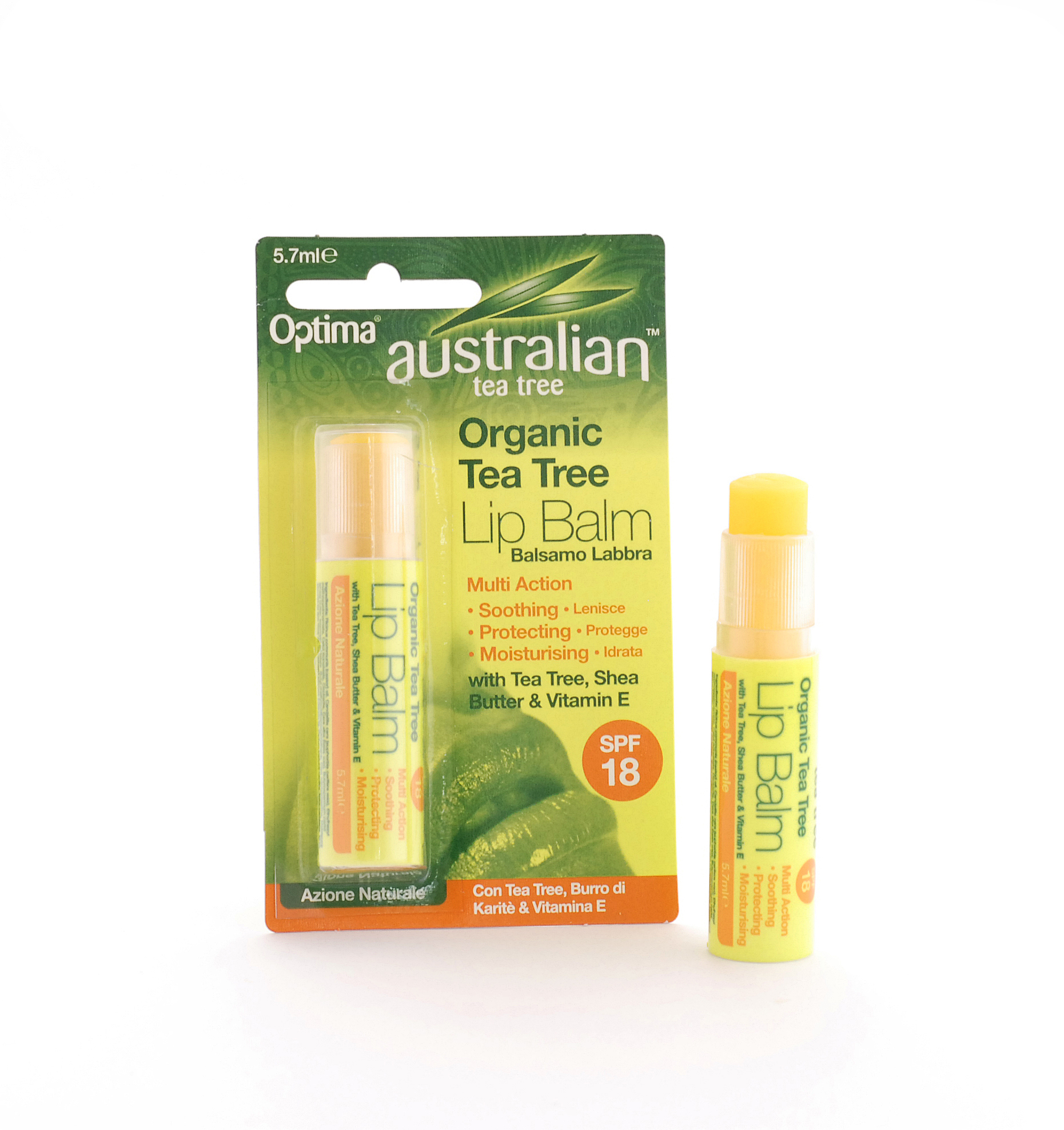![_MG_6359 [320x200].JPG](https://www.elixirnews.com/assets_c/2010/11/_MG_6359%20[320x200]-thumb-320x213-368.jpg)
Tava Tea Wellness Blend is a unique tea that offers multiple health benefits. Elixir is offering every reader a 10% discount on Tava. This discount is in addition to any existing offers on the Tava site. Just enter the code ‘ELIXIR’ in your shopping cart at Tava Tea
More about TavaSencha, Oolong and Puerh are types of tea just like Darjeeling and Earl Grey. But Tava Tea is a unique blend between organically grown Sencha, Oolong and Puerh species and is not found anywhere else.
These varieties of tea contain a vast array of powerful nutrients and have been used for health and healing in China for over 5000 years. Tava Tea Wellness Blend is a triple combination of the three most powerful blends of teas in the world.
Organically grown and using only the finest, most powerful leaves, makes this blend ultra powerful, for both weight loss and healing. Oolong (also known as Wu Long) and Puerh teas have been used for over five thousand years in China for their health promoting properties. But even these varieties can vary in quality, power and effectiveness.
Tava Tea Wellness Blend uses organically grown whole Sencha, Wuyi Cliff Oolong and Puerh tea leaves of the best grade possible, packed into high quality pyramid teabags. Our Oolong for instance, is the Cliff variant, which is one of the most treasured and expensive of the Wuyi family.
This means you’ll actually experience all the benefits of this unique and powerful tea blend. Wu-Long tea has been praised as the most powerful natural weight loss aid on the market. It’s gaining credibility daily with accolades pouring in from Hollywood stars like Oprah Winfrey and Rachael Ray.
This ancient Chinese tea has been used for thousands of years to increase energy and fight obesity in China and Japan. But now we’ve combined it with two other ultra powerful and effective teas, Sencha and Puerh.
This blend of these three mighty teas is unique and not available elsewhere. Oolong (Wu Long) All tea comes from a plant called Camellia Sinensis. Over time, the plant formed chemical compounds known as polyphenols to protect itself from photosynthetic stressors. Polyphenols, which include flavonoids, are antioxidants which protect against free radicals. All tea is green when picked but the difference in green tea and Wu Long tea is the processing. Green tea is heated to stop the leaf from oxidation. When they’re dried, green tea leaves are rolled to break the cell structure.
Wu Long tea leaves on the other hand, are plucked then kept in carefully controlled conditions where they are allowed to oxidize. The leaves are not broken, so most of the cell structure remains intact. It’s these processing differences that make each tea beneficially different from each other, even though they come from the same plant. The active ingredients in Wu-Long tea that are responsible for producing the many health benefits is a compound group called polyphenol, which is reported to activate the enzyme responsible for dissolving triglyceride. It has been confirmed that the continuous intake of Wu-Long tea contributes to enhancing the function of fat metabolism and to controlling obesity.
Benefits of drinking Tava Tea
A Department of Dentistry at Japan’s Osaka University study showed that regular drinking of oolong tea, strengthens teeth and helps prevent tooth decay by inhibiting the build-up of plaque. According to a study published in Antioxidants & Redox Signaling, test subjects who consumed Wu-Long were found to have stronger immune systems and a reduced risk for infections.
Researchers from Japan’s Shiga University of Medical Science found that drinking Wu-Long each day helps to clear up skin problems within one month.
• Oolong Tea may help reduce cholesterol build-up in the bloodstream. • Oolong Tea may help burn fat and thus, may contribute to slimming. • Oolong Tea can help prevent heart ailments. • Oolong Tea can be used for treatment of digestive disorders. • Oolong Tea can promote longevity by stimulating bodily functions and strengthening the immune system. • Oolong Tea may promote healthier and stronger bones, protecting people from such diseases as osteoporosis. • Oolong Tea can also fight against tooth decay.
Puerh A large leaf tea variety or Dayeh, Puerh is grown and picked throughout the year. (Many other teas require a dormant season.) Puerh tea is named after Puerh city in the Yunnan province which was once the main trading centre for teas made in the area. Puerh tastes like black tea, but it falls into a category of its own.
One of the most significant things about this tea is that it gets better over time. That’s because it is picked, processed and partially fired to retain moisture. Then while slightly moist, the tea is piled and left to age in special rooms or caves. The aged teas this technique creates can be found in vintages just like wine. Some of them date back more than 50 years.
Puerh tea is often called the Wonder Tonic and the “Medicinal Tea” and has been hugely popular in China for over 1700 years. Offered as a tribute to Emperors and high ranking officials of the Chinese Imperial Courts, its high value and incredible health benefits gave it the title “Tribute Tea”.
The health benefits and medical use of Puerh tea have been documented in various ancient scripts and famous books throughout Chinese history. Puerh tea is often consumed by Chinese after a greasy or fatty meal. The fat digests faster and you experience far less bloating normally associated with a heavy meal.
Many studies have been published showing the health benefits of this amazing tea. A blind study was conducted in France several years ago with 500 hyperlipidemia patients (an advanced cholesterol condition, usually controlled with medication). Half of the controlled group consumed 3-4 cups of Puerh daily, the rest of the patients were given something else. After 30-days the results showed drinking Puerh on a regular basis could significantly lower cholesterol. • Puerh tea is known to help lower blood cholesterol levels. • Puerh tea may help boost the flow of blood and help enhance circulation. • Puerh tea may help inhibit the formation and growth of cancer cells. • Puerh tea aids in the proper digestion of food. • Puerh tea may help invigorate the spleen. • Puerh tea is known to help break down and thus reduce fat in the system. • Puerh tea may help remove toxins. • Puerh tea may help heal aches and pains. • Puerh tea is known to help lower blood cholesterol levels. • Puerh tea may help boost the flow of blood and help enhance circulation. • Puerh tea may help inhibit the formation and growth of cancer cells. • Puerh tea aids in the proper digestion of food. • Puerh tea may help invigorate the spleen. • Puerh tea is known to help break down and thus reduce fat in the system. • Puerh tea may help remove toxins. • Puerh tea may help heal aches and pains.
Sencha Sencha literally means “roasted (煎) tea (茶)”. However, the process by which sencha is created differs from Chinese green teas, which are initially pan-fired and could be more accurately called “roasted” teas. Japanese green tea is first steamed for between 15-45 seconds to prevent oxidization of the leaves. This also imparts a difference in the flavour between Chinese and Japanese green tea, with Japanese green tea having a more vegetable, almost grassy flavour (some taste seaweed-like flavours).
Then, the leaves are rolled, shaped, and dried creating the customary thin cylindrical shape of the tea. Finally, after drying, the leaves are fired to aid in their preservation and to add flavour. Infusions from sencha and other green teas that are steamed (like most common Japanese green teas) are also greener in colour and slightly more bitter than Chinese-style green teas. Very popular in Japan, Sencha is drunk hot in the winter and usually chilled in the summer.
Sencha has high levels of Catechin, a type of polyphenol and a powerful antioxidant. Antioxidants destroy free radicals, which can damage the body at the cellular level and make it far more susceptible to cancer, heart disease, and other degenerative diseases.
Although there are various kinds of polyphenols, catechins are the strongest. The most powerful catechin, Epigallocatechin gallate (EGCg), is abundant in green tea. Catechin has also been found to be anti-bacterial and to lower the risk of heart disease. Catechin fights the free radicals that help arterial build up. Catechin also stops the platelets from forming clots which can lower blood pressure and cholesterol levels, thereby reducing stress. • Green Tea lowers the risk of cancer • Green Tea lowers the risk of stroke and heart diseases • Green Tea lowers blood pressure • Green Tea prevents tooth decay • Green Tea inhibits viruses • Fighting viruses, including influenza • Lowering levels of LDL, the “bad” cholesterol • Battling cancer: Tea compounds have been shown to help prevent or alleviate cancers of the lymph nodes, bladder, breast, cervix, colon, esophagus, lung, bones, pancreas, prostate, skin and stomach. • Aiding endurance • Promoting weight loss in animal and human studies Clinical Studies
Tea may help to reduce the risk of stroke
Recent findings show that drinking 3 or more cups of tea a day may help to reduce the risk of stroke and death from stroke by 21%. Arab, L., Liu, W. and Elashoff, D. (2009). Green and black tea consumption and risk of stroke. A meta-analysis. Stroke, DOI:10.1161/STROKEAHA.108.538470.
Diabetes
Long term tea drinking is associated with a reduced prevalence of diabetes in an elderly population. Analysis revealed that drinking 1 – 2 cups of tea per day was associated with the greatest benefit on blood glucose levels; drinking more provided no further benefit. An increase of one cup per day was associated with a 70% lower likelihood of having diabetes (95% CI 41%-86%), after adjusting for confounding variables. Panagiotakos, D.B., Lionis, C., Zeimbekis, A., Gelastopoulou, K., Papairakleous,N., Das, U. N. and Polychronopoulos, E. (2009). Long-Term Tea Intake is Associated with Reduced Prevalence of (Type 2) Diabetes Mellitus among Elderly People from Mediterranean Islands: MEDIS Epidemiological Study. Yonsei Med. J. 50(1): 31- Green tea and cholesterol In a Taiwanese randomised controlled trial, 78 obese women who took 400mg of green tea extract three times a day for 12 weeks experienced significant reduction in LDL-cholesterol and triglyceride levels, and a simultaneous increase in levels of HDL-cholesterol, and the hormones adiponectin (promotes insulin sensitivity) and ghrelin (modulates hunger). (Effect of green tea extract on obese women: a randomized, double-blind, placebo-controlled clinical trial. Clin Nutr. 2008 Jun;27(3):363-70). Green tea expands blood vessels Researchers from Greece tested subjects after they consumed green tea, 125mg of caffeine and 450ml of hot water on three separate occasions. They measured the diameter of the brachial artery in each participant 30, 90 and 120 minutes after they consumed each beverage. Arterial dilation increased significantly with tea by 3.69%, peaking at 30 min, whereas it did not change significantly with caffeine or water. (The acute effect of green tea consumption on endothelial function in healthy individuals. Eur J Cardiovasc Prev Rehabil. 2008 Jun;15(3):300-5). Tea is good for the brain A cohort study of 2501 people from Singapore has found that regular tea consumption is associated with lower risks of cognitive impairment and decline. The effects were most evident for black (fermented) and oolong (semi-fermented) teas. In contrast, no association between coffee intake and cognitive status was found. (Tea consumption and cognitive impairment and decline in older Chinese adults. Am J Clin Nutr. 2008 Jul;88(1):224-31). Green tea prevents fatty liver A US team fed groups of genetically obese and lean mice a diet containing zero, 1%, or 2% green tea extract for six weeks. At the end of the study, the obese mice fed green tea extract weighed 23-25% less than obese mice fed the non-supplemented diet and the lean mice fed green tea extract weighed 11-20% less those on the non-supplemented diet. Measurements of circulating levels of the enzymes alanine aminotransferase and aspartate aminotransferase, which act as markers of liver damage, showed that green tea extract -supplementation was associated with 30-41% and 22-33% lower activities, respectively. No significant differences were observed in food intake between lean and obese animals in any group, suggesting that green tea extract works by decreasing intestinal fat absorption or altering liver fat metabolism. (Green tea extract protects leptin-deficient, spontaneously obese mice from hepatic steatosis and injury. J Nutr. 2008 Feb;138(2):323-31).
Drinking green tea before exercise could help burn fat.
In a study, 12 healthy young men took either green tea extract, equivalent to 3.5 cups of tea, or placebo, before taking part in cycling trials. Average fat oxidation rates were 17% higher in the green tea group and the contribution of fat oxidation to total energy expenditure was also significantly higher. In a second experiment, 11 healthy men took an oral-glucose-tolerance test before and after supplementation with capsules containing either green tea extract or placebo. Ingestion of green tea extract was found to increase insulin sensitivity by 13%, meaning that it could potentially reduce the risk of type 2 diabetes. (Green tea extract ingestion, fat oxidation, and glucose tolerance in healthy humans. Am J Clin Nutr. 2008 Mar;87(3):778-84).
Tea reduces stress
A recent human study has found that people who drank tea four times a day, for six weeks, had lower blood cortisol levels and were able to recover more quickly after a stressful event compared with those who drank a placebo beverage. (The effects of tea on psychophysiological stress responsivity and post-stress recovery: a randomised double-blind trial. Psychopharmacology (Berl). 2007 Jan;190(1):81-9).
In another study volunteers were given theanine (an amino acid found in high proportion in tea leaves), a placebo or nothing, either at the start of a stressful mental arithmetic task, or midway through it. The results showed that theanine intake resulted in a significant reduction in the stress response (measured via heart rate (HR) and salivary immunoglobulin A (s-IgA)). Analyses of heart rate variability indicated that the reductions in HR and s-IgA were likely to be due to attenuation of sympathetic nervous activation.
The authors concluded that oral theanine could mediate anti-stress effects via inhibition of cortical neuronal excitation in the brain. (L-Theanine reduces psychological and physiological stress responses. Biol Psychol. 2007 Jan;74(1):39-45). Green tea and cognitive decline According to a study of more than 1000 Japanese adults in their 70s, drinking green tea regularly seems to be connected to a reduced risk of cognitive decline.
People drinking two or more cups of green tea a day, were half as likely to show signs of cognitive impairment as those who drank three cups or less a week. Even though the study wasn’t able to show a clear connection between drinking green tea and maintaining mental acuity, it may help explain why there is less dementia, especially Alzheimer’s disease, in Japan compared to Europe and North America. (Kuriyama S et al. Green tea consumption and cognitive function: a cross-sectional study from the Tsurugaya Project 1. Am. J. Clinical Nutrition, Feb 2006; 83: 355-361).
Contraindications
Any healthy person can use Tava Tea – Wellness Blend, however we advice pregnant women, breastfeeding women, people with know medical conditions and those taking prescription medication to consult your local healthcare professional before using this product.
For example: This tea melange is based on the principle of antioxidants and the eradication of free radicals. Free radicals are believed to be causing many healthcare related problems, but are also used in some medical treatments (chemotherapy for example) that use these same free radicals. Drinking this tea during those treatments is therefore not advised!
Brewing Instructions
Like any organic substance tea is sensitive to temperature. Many beneficial substances will break down when exposed to high temperatures. Also the wrong temperature will spoil the taste of the tea. Incorrect temperature is one of the most common causes of the bitterness of tea.
1. Pour 600-700ml (3-4 cups) of fresh boiled water into a teapot. 2. Wait until the water is cooled to about 80-85 degrees Celsius. Add the tea. 3. Let the tea steep for 3-4 minutes for the first infusion. The colour of the tea should be warm golden brownish. You’re now ready to drink your tea. 4. Don’t throw away the teabag, you’ve only used it once, and you have not released all the flavours and healthy antioxidants yet! Make sure that the teabag is not kept in water, as the leafs will continue to release its flavours, which we don’t want until the second steeping. 5. For the second infusion, boil 500-600ml (2-3 cups) of water and pour this into a teapot. 6. Again, wait for the water to be cooled to about 75-80 degrees Celsius. 7. Let the tea steep for 6-7 minutes for the second infusion. The colour will be about the same as the first infusion, maybe a little bit lighter. This second steeping releases different tea oils and anti-oxidants, leading to a different taste of the tea. You’re not ready for your second tea session. Please drink no more than 6-8 cups per day to achieve the optimal effect.
Drinking more than 8 cups a day can cause some side effects as undesired bowel movement. Wellness Blend Ingredients – Organic Wu yi Cliff Oolong (30%) – Organic Steamed Green Sencha (40%) – Orcanic Green Pu-erh (30%)

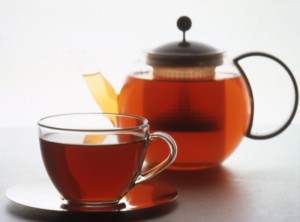
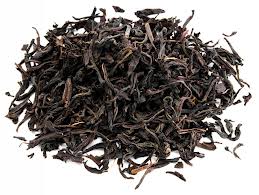

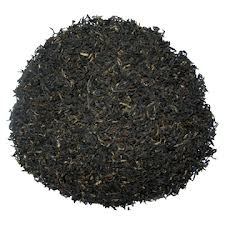
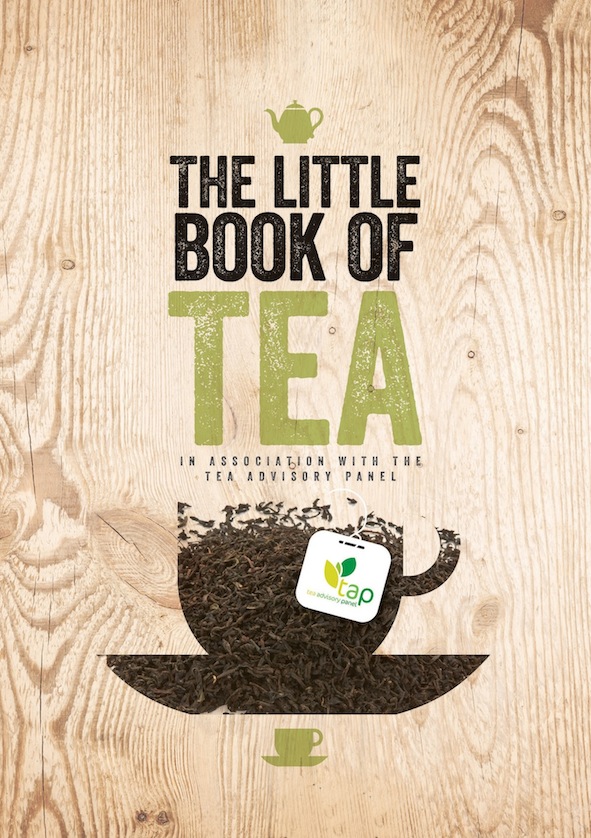


![_MG_6359 [320x200].JPG](https://www.elixirnews.com/assets_c/2010/11/_MG_6359%20[320x200]-thumb-320x213-368.jpg)
![_MG_6396[1] [320x200].JPG](http://elixirnews.com/assets_c/2010/11/_MG_6396[1]%20[320x200]-thumb-206x200-352.jpg)
